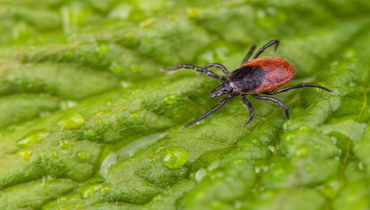Mosquito Joe® Blog
Shared Resources for Your Pest Control Needs

EPA PESP Gold Member Status: A Milestone in Environmental Stewardship
We’re thrilled to announce that Mosquito Joe has achieved Gold Status within this program, a prestigious recognition reserved for “outstanding environmental stewards.
All Blogs
Apr 29 2025
Remember exploring your grandparents' attic as a kid? You opened the old trunk in the corner, hoping for pirate treasure, and wound up coughing on camphor fumes.
Learn more
Apr 29 2025
Most people don’t welcome insects into their homes with open arms, but a species that will really get the red light is red fire ants! Native to South America
Learn more
Apr 29 2025
Fire ants are a type of insect that can be dangerous for humans, animals, and the environment. They can be
Learn moreBlog Category
About Mosquito Joe®
Since 2010, Mosquito Joe® has provided mosquito and pest control services for residential and commercial customers nationwide. Our team of trained pest control experts is dedicated to getting rid of mosquitoes and other pests so you can make outside fun again. Our team of trained field professionals knows how to get the job done swiftly and thoroughly, leaving a noticeable absence of biting insects.



